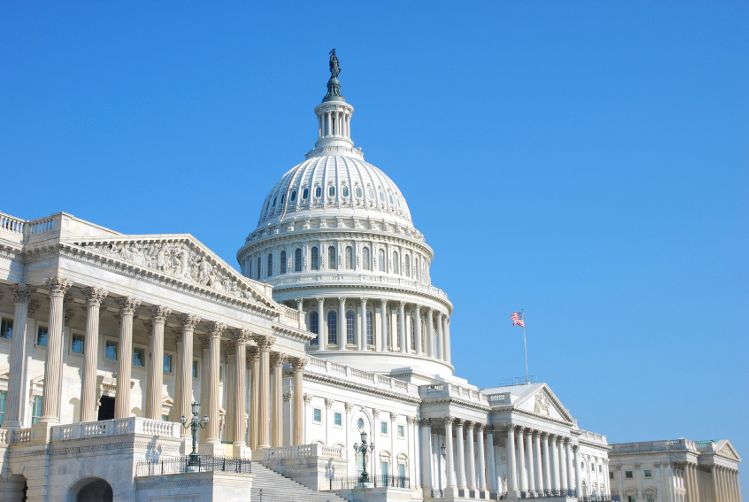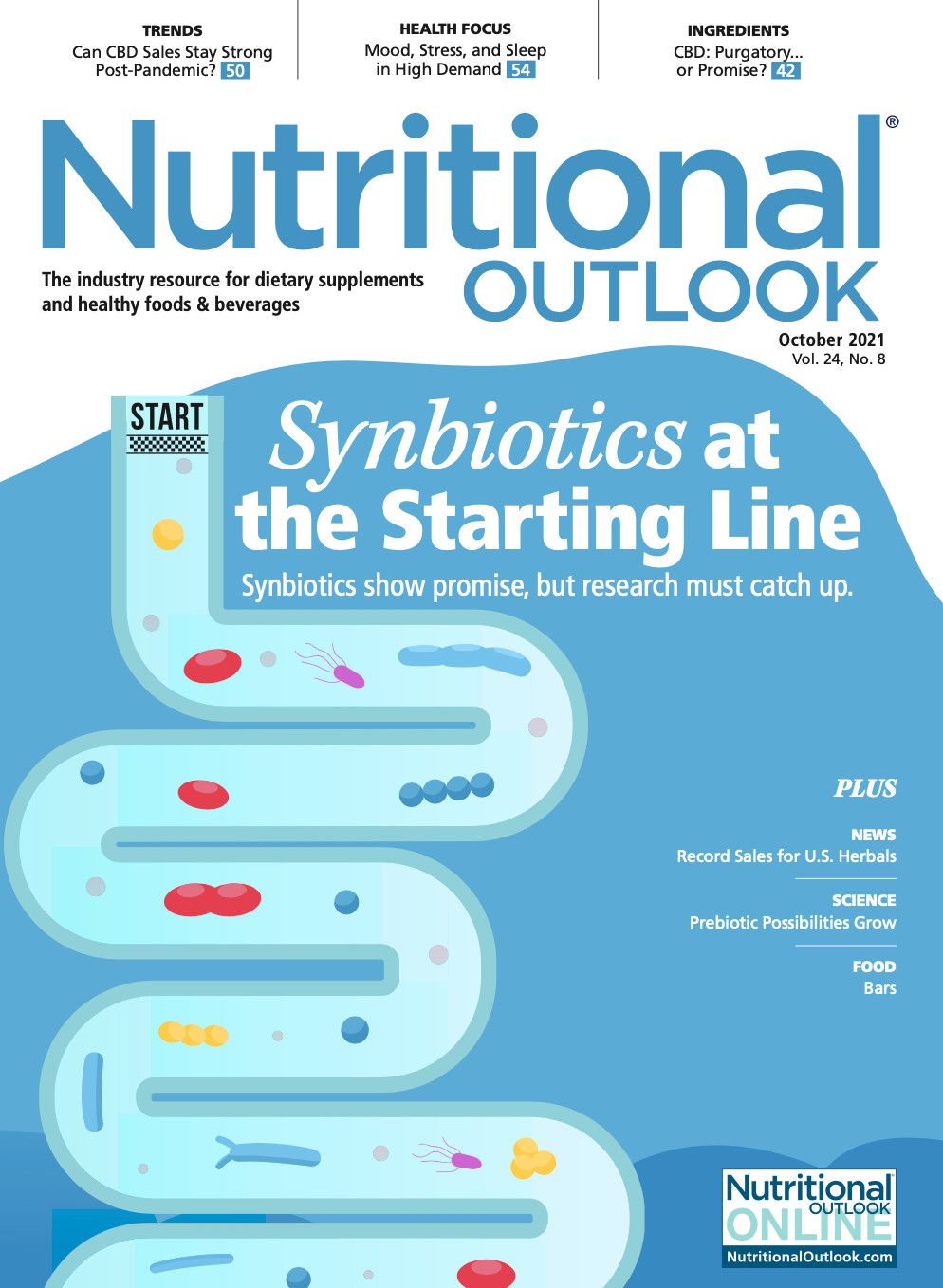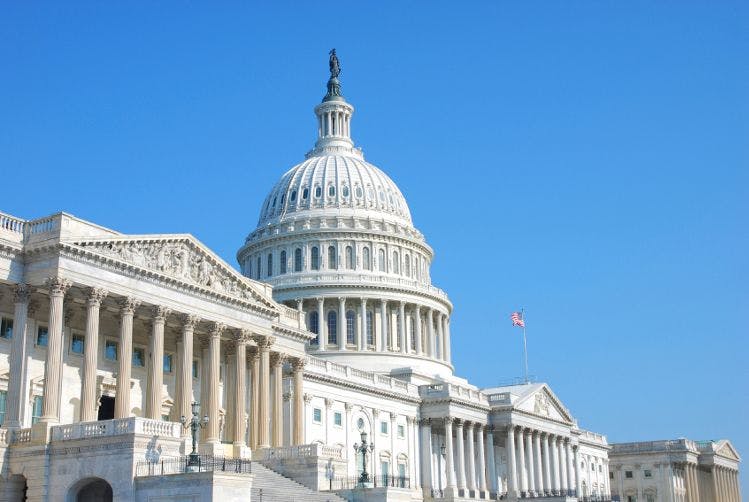Bipartisan legislation seeks to expand dietary supplement access through HSA and FSA coverage
New bill to expand HSA and FSA coverage to include dietary supplements as a medical expense.
Photo © iStockphoto.com/uschools

Representatives John Curtis (R-Utah) and Josh Gottheimer (D-New Jersey) introduced a new bill (HR 5214) that would “amend the Internal Revenue Code of 1986 to permit expenditures from health savings accounts, flexible spending arrangements, and health reimbursements arrangements for dietary supplements.” More specifically the law amends the code to treat amounts paid for dietary supplements as amounts paid for medical care, and therefore allow dietary supplements to qualify for reimbursements from flexible spending arrangements and health reimbursement arrangements. A similar bill was introduced in the Senate in May (S. 1654) by Senator Kevin Cramer (R-North Dakota), but has made no additional progress.
Industry groups have applauded the newly introduced bill, having long advocated for the recognition of dietary supplements as medical expenses eligible for health savings accounts and flexible spending accounts. “Expanding access to supplements benefits everyone,” said Daniel Fabricant, PhD, president and CEO of The Natural Products Association (NPA; Washington, D.C.), in a press release. “It is clear that we are not out of this pandemic yet, and this is a commonsense solution. We urge our members to contact their elected officials in Washington and let them know how important expanding access to dietary supplements is to the health of their constituents. We would also like to thank Reps. Curtis and Gottheimer and their staffs for their support and wanting to expand choices for hundreds of millions of Americans who use supplements to stay healthy in this challenging time.”
NPA has also advocated for the inclusion of dietary supplements under the Supplemental Nutrition Assistance Program (SNAP) and the Special Supplemental Nutrition Program for Women, Infants, and Children (WIC). In addition to HSA and FSA coverage offering cost savings to consumers, SNAP and WIC coverage would expand access to dietary supplements to some of the country’s more underserved people, and offer nutritional support where access to nutritional food options is scarce.
“We believe in incentivizing healthy behaviors and empowering consumer choice,” stated the Council for Responsible Nutrition’s (CRN; Washington, D.C.) president and CEO Steve Mister, in a press release. “Dietary supplements are cost-effective measures to manage and improve health and wellness that can save taxpayers hundreds of millions—and in some cases billions—of dollars in healthcare costs.”
“Even before the COVID-19 pandemic, consumers were becoming increasingly health conscious and began adopting a more proactive approach to prevention and wellness. In fact, The Centers for Disease Control and Prevention reports nearly 60 percent of Americans take dietary supplements each month," explained Scott Melville, president and CEO of the Consumer Healthcare Products Association (CHPA; Washington, D.C.). "Extending FSA/HSA eligibility to dietary supplements would save consumers money on the products that many are already purchasing to meet their healthcare needs and help promote smart self-care behavior."
According to CRN’s 2020 Consumer Survey on Dietary Supplements, more than 170 million U.S. consumers already take dietary supplements as an easy and cost-effective way to manage their health and wellness. Since the pandemic started, consumers have recognized the value of dietary supplements as a tool in their arsenal to maintain their health and wellness. While they are cost-effective compared to medical expenses, dietary supplements are by no means inexpensive, which can still be a barrier to entry for some people.
“Millions of consumers already utilize FSAs and HSAs to save money on their healthcare expenses,” added Melville. “As consumers are increasingly turning to affordable self-care options that support their overall health and wellness, expanding FSA/HSA eligibility to include dietary supplements is a smart way to provide additional savings."

Prinova acquires Aplinova to further increase its footprint in Latin America
April 7th 2025Prinova has recently announced the acquisition of Brazilian ingredients distributor Aplinova, which is a provider of specialty ingredients for a range of market segments that include food, beverage, supplements, and personal care.

























